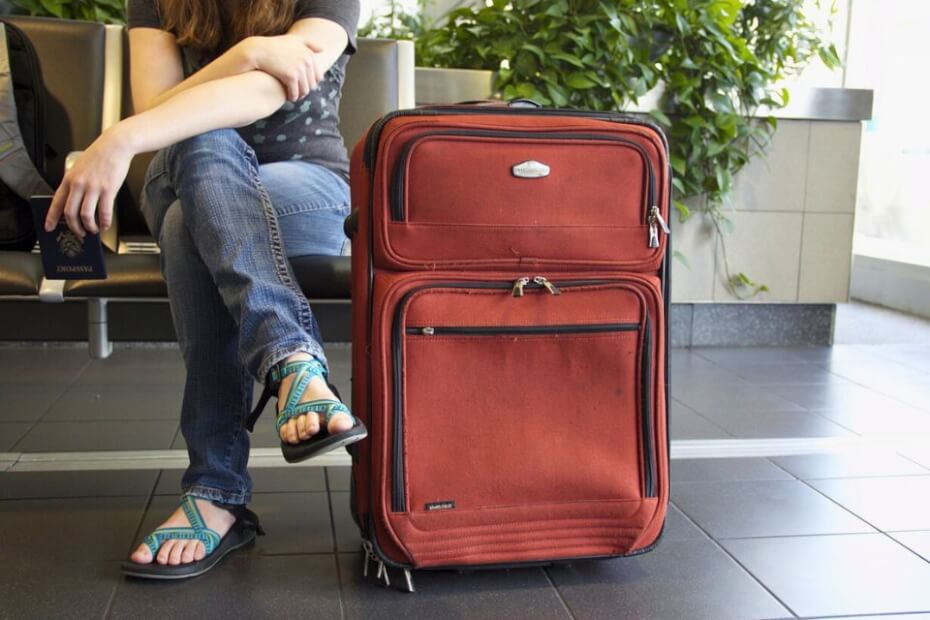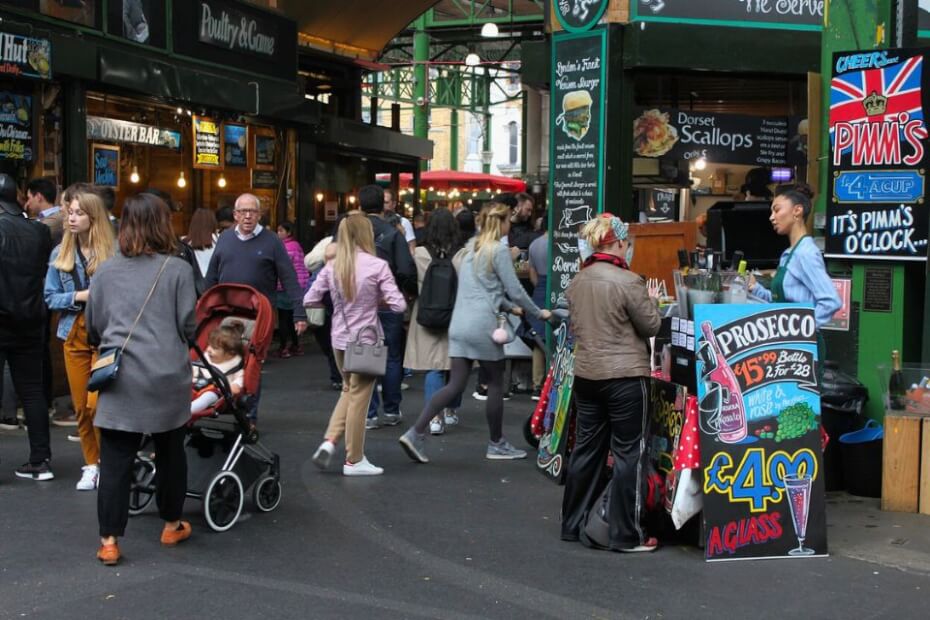
The United Kingdom (UK) Government recently updated its Electronic Travel Authorization (ETA) guidance to add prohibited activities.
On 9 August, it added a new section about what travelers visiting the UK under the ETA scheme cannot do while in the country.
This change provides clearer instructions and outlines specific prohibited activities during their stay.
The update aims to help travelers avoid misunderstandings and ensure that their visits to the UK comply with the country’s immigration rules.
The new UK ETA scheme
The UK ETA is a digital travel permit non-visa travelers must have for short visits of up to six months in the UK.
The British government introduced the scheme to streamline the entry process for visitors and strengthen border security.
The system pre-screens and vets all travelers visiting the UK without a visa before they arrive in the country.
A UK ETA costs £10 per application and is valid for multiple short trips over two years.
Non-visa travelers with an ETA visit the UK for tourism, visiting family and friends, permitted business activities, and short-term study.
ETA holders can also do paid creative work for up to three months under the Creative Worker visa concession.
Transiting travelers or those changing planes in UK airports, regardless of whether they are going through UK border control, also need an ETA.
Currently, only UK-bound travelers from Bahrain, Jordan, Kuwait, Oman, Qatar, Saudi Arabia, and the United Arab Emirates (UAE) need an ETA.
The UK Government plans to apply the scheme to all non-visa travelers by the end of 2024 or early 2025.
It will soon include American nationals, the European Union (EU), the European Economic Area (EEA), and Swiss citizens.
Prohibited activities for UK ETA holders
The newly added guidance section about what travelers cannot do with an ETA outlines specific activities not allowed during their visit.
Understanding these prohibited activities is crucial for all travelers planning a trip to the UK.
1. Stay in the UK for longer than six months

One of the main restrictions is that ETA holders cannot stay in the UK for longer than six months.
The ETA is intended for short-term visits only, and exceeding this time limit could result in severe consequences.
Overstaying one’s permission could lead to deportation, having it permanently on record, having future ETA applications refused, or even being barred from future entry into the UK.
Travelers should be aware of the length of their stay and leave the UK before their authorized period ends.
Travelers who need to extend their stay must apply for a different type of visa that accommodates their specific needs.
They must first leave the UK and apply for a longer-stay visa before coming to the UK.
2. Engage in paid or unpaid work
Another significant restriction is that ETA holders are not allowed to work for a UK company or as self-employed persons, whether paid or unpaid.
This means visitors cannot take up a job or start a business in the UK under an ETA.
However, exceptions include participating in a permitted paid engagement or event or working under the Creative Worker visa concession.
The exception allows artists, entertainers, and other creatives to partake in events or short-term projects without violating immigration rules.
But, for most visitors, engaging in work while in the UK is strictly off-limits. Those who want to work must apply for a UK work visa.
3. Claim public funds
The updated guidance also clearly states that ETA holders cannot claim public funds or are not eligible for UK government benefits.
This includes various forms of financial assistance, such as healthcare, unemployment benefits, housing benefits, and child support.
This rule stressed that the purpose of the ETA is to allow visitors to experience the UK, not to benefit from the country’s social welfare system.
Travelers need to be financially self-sufficient during their stay and ensure that they have adequate funds to support themselves.
4. Living in the UK through frequent or successive visits
Another significant restriction is that ETA holders cannot live in the UK through frequent or successive visits.
Visitors cannot use the ETA as a way to essentially reside in the UK by making multiple back-to-back trips.
The ETA is for short-term visits, not for maintaining a long-term presence in the UK through repeated use.
Border officers may question the purpose of your visits if they see a pattern of frequent or successive stays.
This is a breach of immigration rules and could result in the refusal of future ETA applications or entry into the UK.
5. Enter a marriage or civil partnership

Non-visa travelers who plan to marry or register a civil partnership in the UK cannot do so with an ETA.
Even giving notice of marriage or a civil partnership under an ETA is not allowed.
Those planning to marry in the UK must apply for a Marriage Visitor visa instead.
The Marriage Visitor visa is specifically tailored to those who intend to marry or enter a civil partnership during their stay in the UK.
This rule ensures that the proper visa is used for significant life events like marriage.
What ETA’s prohibited activities mean in the future
The UK government added a detailed list of activities that ETA holders cannot do to help them plan their trips accordingly.
By outlining the prohibited activities under the ETA, the government also helps prevent visitors from unintentionally violating immigration rules.
The new guidance ensures that travelers are well-informed about what is and isn’t allowed during their stay.
The UK is preparing to expand the ETA scheme to apply to all non-visa nationals by the end of 2024 or early 2025.
Anyone planning to visit the UK must understand the rules associated with their travel permission or document.

